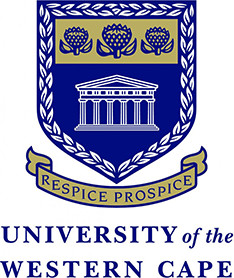About PPJA
Improving pre-trial justice in Africa is one of the aims of the Ouagadougou Declaration, adopted by the African Commission on Human and People’s Rights in 2003. The Ouagadougou Declaration recommends that countries adopt policy that pre-trial detention should only be used as a last resort, improve co-operation among justice institutions, and make greater use of paralegals, as some of the ways to improve pre-trial justice.
Despite these aims and the efforts of stakeholders to reach these aims, progress towards prison reform in Africa has been limited. Poor prison conditions in Africa remain a pervasive and persistent challenge, and in many countries pre-trial detention is used inappropriately or abused. Suspects can remain in custody for years pending the finalisation of their cases. Furthermore, the conditions in which pre-trial prisoners are detained are frequently worse than those for sentenced prisoners.
Yet there are examples of promising initiatives to address problems associated with pre-trial detention. These focus on differing aspects of pre-trail detention such as: creation of new legal mechanisms (South Africa), provision of para-legal services (Malawi), development of new liaison mechanisms enabling improved cooperation between criminal justice functionaries (Southern Sudan), and monitoring the human rights situation in pre-trial detention (Zambia).
Emanating from these and other projects is a growing body of knowledge and practical experience around pre-trial justice reform projects which, if harnessed, can enhance pre-trial justice in Africa. PPJA aims to be a repository of such knowledge and experience.
PPJA is a project of the Civil Society Prison Reform Initiative (CSPRI) of the Community Law Centre of the University of the Western Cape.


